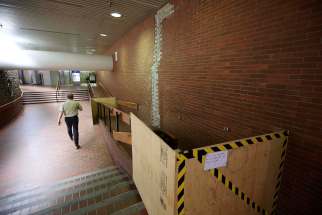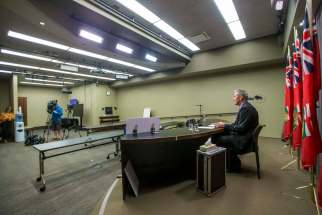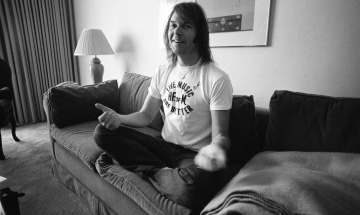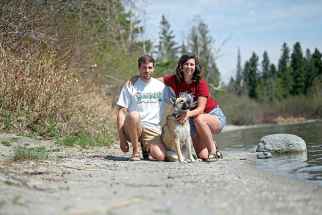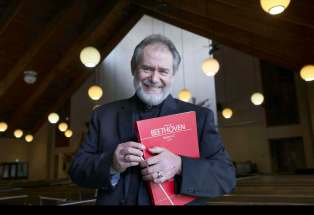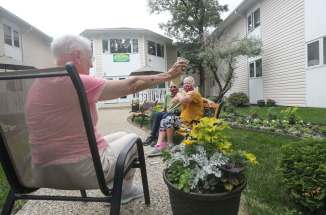Not-so-happy campers With sleepaways forbidden, camps get creative amid coronavirus summer
Read this article for free:
or
Already have an account? Log in here »
To continue reading, please subscribe:
Monthly Digital Subscription
$0 for the first 4 weeks*
- Enjoy unlimited reading on winnipegfreepress.com
- Read the E-Edition, our digital replica newspaper
- Access News Break, our award-winning app
- Play interactive puzzles
*No charge for 4 weeks then price increases to the regular rate of $19.00 plus GST every four weeks. Offer available to new and qualified returning subscribers only. Cancel any time.
Monthly Digital Subscription
$4.75/week*
- Enjoy unlimited reading on winnipegfreepress.com
- Read the E-Edition, our digital replica newspaper
- Access News Break, our award-winning app
- Play interactive puzzles
*Billed as $19 plus GST every four weeks. Cancel any time.
To continue reading, please subscribe:
Add Free Press access to your Brandon Sun subscription for only an additional
$1 for the first 4 weeks*
*Your next subscription payment will increase by $1.00 and you will be charged $16.99 plus GST for four weeks. After four weeks, your payment will increase to $23.99 plus GST every four weeks.
Read unlimited articles for free today:
or
Already have an account? Log in here »
Hey there, time traveller!
This article was published 23/06/2020 (1999 days ago), so information in it may no longer be current.
It was 1948 when campers first stayed overnight at Camp Wannakumbac, and for 71 years, they’ve come back to enjoy the amenities off the shore of Clear Lake.
But this summer, no matter how much they may wanna, managers Sarah Anne and Mitch Gusdal can’t run the summer camp as they’ve done. Even as the province commences the third phase of its reopening, overnight camps are not allowed.
Since March, summer camps have been engaged in a constant back-and-forth with the provincial government, trying to understand what they should do. For a while, they held out hope campers could stay overnight, but as time passed, that seemed unrealistic; some camps began announcing closures before the province told them to do so.
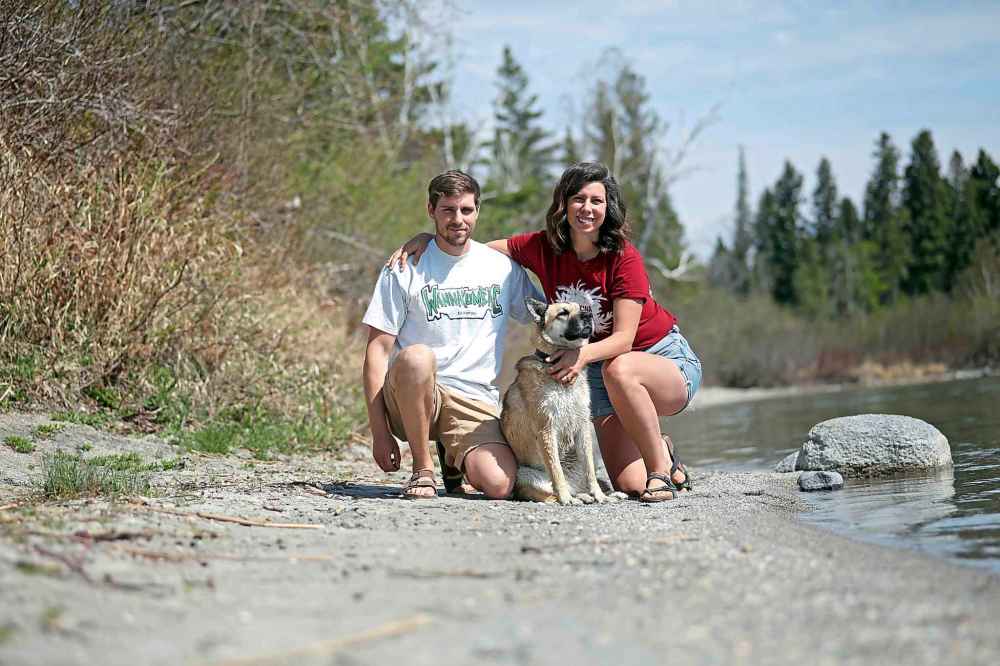
Now, as summer officially begins, and with usual start dates a week or two away, a “normal” summer is virtually impossible, so camps are getting creative.
Wannakumbac, a non-profit that earns most of its funding through event and site bookings in the spring, lost 80 per cent of its projected annual revenue as a result of the pandemic. Gusdal says they won’t be able to make up for those losses, but they had to try something.
The camp spent several weeks planning a day-camp program, running every weekend in July — something it’s never done before. When management realized overnight camp wouldn’t happen, they also realized the 146-acre site was vacant but usable, so they created 14 campgrounds — seven electrified — for nightly rates of $17 or $22. Plus, they had two cabins that generally were booked through Airbnb in the winter that they opened up for summer use at $144 per night.
Kim Scherger, executive director of the Manitoba Camping Association, said that of 35 accredited summer camps in the province, about half have pivoted to run limited-capacity day camps or virtual programming. Financial assistance is still available through the MCA’s Sunshine Fund, and listings of camp programs are on the MCA site.
One camp that’s had to shift is Momenta, an accessible program centred on therapeutic adventure and outdoor education. Usual summers would see the planning of canoe trips, among other excursions, says owner Lise Brown. This year, the program is offering day trips, like paddling at La Barriere Park or cycling at Birds Hill, with groups of between four and eight participants at a time.
Other camps that haven’t implemented new programming are using a year without campers or staff to make long-needed site improvements that could never happen with regular programming going on.
“They’re opening themselves up to different possibilities than what they’ve always done,” she said. Camps are trying to make the best out of a terrible situation, she said.
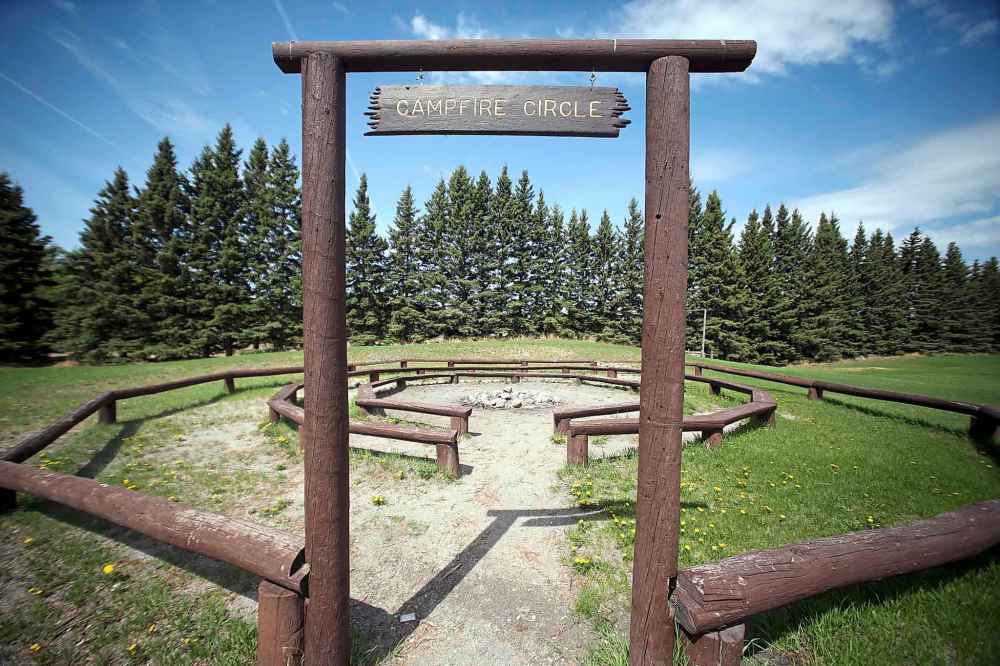
“There have been so many unknowns,” she said. “(A handful) of camps aren’t sure whether they’ll survive the winter to open their doors for the summer of 2021.”
Even with the province allowing groups of 50 at day camps, many are struggling or hesitant to reach that figure. Plus, the rules of Phase 3, which are meant to limit transmission of COVID-19, significantly affect programming: choirs, band camps and musical theatre activities aren’t allowed “due to a higher risk of transmission through singing as opposed to speaking” and other programming must be done with physical distancing in place.
Scherger said the camping association has been lobbying the province to provide relief that addresses camps’ specific needs, pointing out that a lost summer could put many camps out of business, directly affecting thousands of campers, staff, and parents in future years. So far, they’ve been referred to existing grants and federal programs.
But Scherger says the effects of COVID-19 on camps could be long-lasting: there’s a lot up in the air about how future summers will go when it comes to details like capacity levels, staffing, and programming changes, and its likely camps will need extra help to get back on track.
At Wannakumbac, Gusdal said she’s satisfied they’ve made the most out of a tricky situation for this year.
“Our camp is and always has been a safe place for kids, so it was important that we find a way to keep that going,” she said.
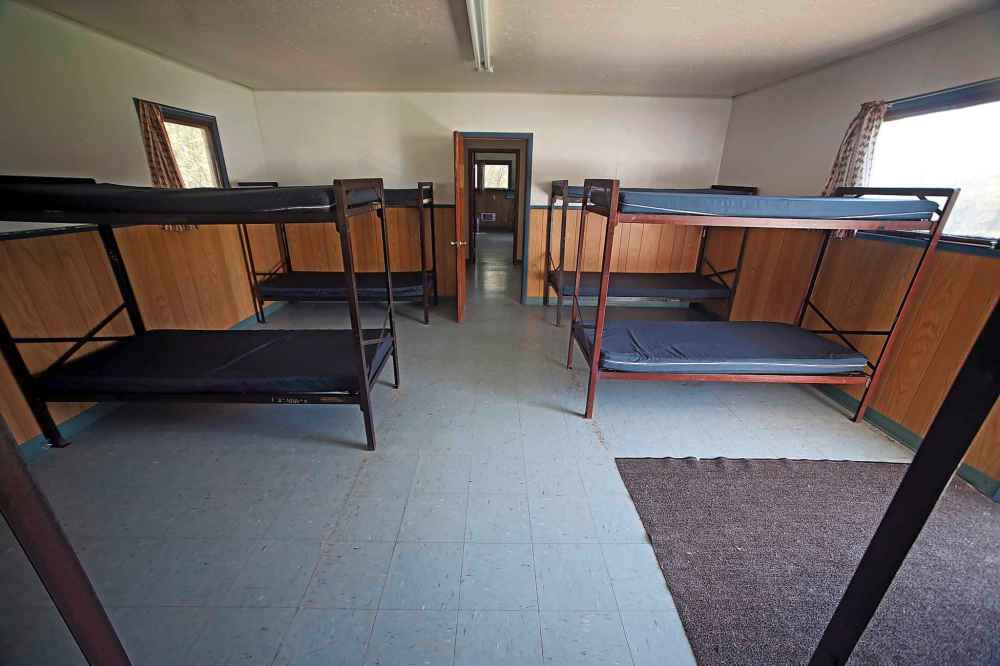
She said it’s been an extremely strange few months, but the real eeriness will kick in July 1, when campers were supposed to arrive with their sleeping bags.
“I really hope it’s not like this next summer,” she said.
ben.waldman@freepress.mb.ca

Ben Waldman covers a little bit of everything for the Free Press.
Our newsroom depends on a growing audience of readers to power our journalism. If you are not a paid reader, please consider becoming a subscriber.
Our newsroom depends on its audience of readers to power our journalism. Thank you for your support.

